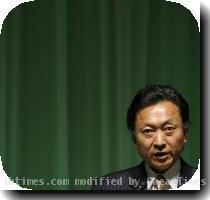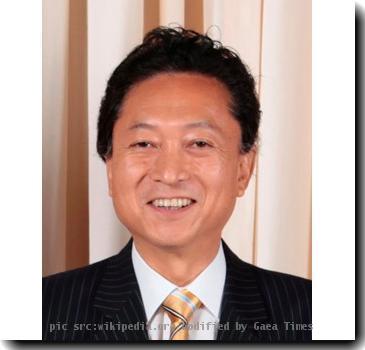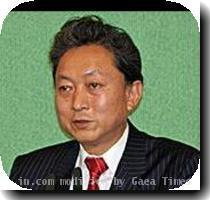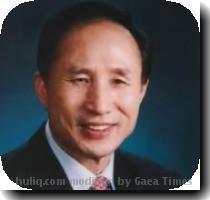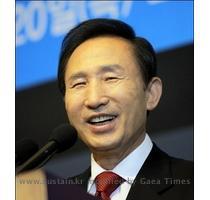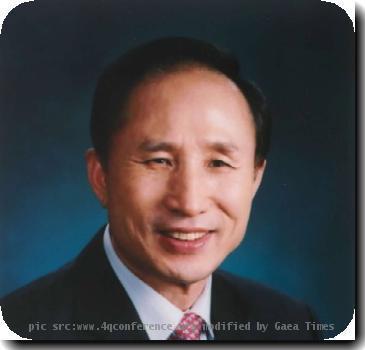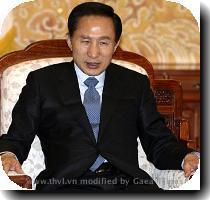Clinton: NKorea must face international consequences for sinking of South Korean warship
By Matthew Lee, APFriday, May 21, 2010
Clinton: NKorea must face consequences for attack
TOKYO — U.S. Secretary of State Hillary Rodham Clinton said Friday the evidence is “overwhelming” that a North Korean submarine sank a South Korean warship and the communist country must face international consequences.
Speaking in Tokyo at the outset of a three-nation Asian trip, Clinton said the U.S., Japan, South Korea and China are consulting on an appropriate reaction after an international investigation blamed North Korea for the deadly attack.
She said the report proves a North Korean sub fired a torpedo that sank the ship, the Cheonan, in March and that it could no longer be “business as usual” in dealing with the matter.
While it was premature to discuss exact options or actions that will be taken in response, Clinton said, it was “important to send a clear message to North Korea that provocative actions have consequences.”
“The evidence is overwhelming and condemning. The torpedo that sunk the Cheonan and took the lives of 46 South Korean sailors was fired by a North Korean submarine,” she told reporters at a joint press conference with Japanese Foreign Minister Katsuya Okada.
“We cannot allow this attack on South Korea to go unanswered by the international community,” she said.
North Korea denies it was responsible for the sinking and has threatened to retaliate against any attempt to punish it with “all-out war.”
North Korea “will regard the present situation as the phase of a war and handle all problems in inter-Korean relations accordingly,” Ri Chung Bok, deputy director of the Secretariat of the Committee for the Peaceful Reunification of Korea, said in an interview with broadcaster APTN in Pyongyang.
Clinton’s Asian tour, which took her later Friday to China and to South Korea next week, was supposed to focus on U.S.-China economic issues. But that was before Thursday’s release of the report which concluded that a North Korean sub was responsible for sinking the South Korean ship on March 26.
Input from the three countries will be key to determining an appropriate response, especially with fears that too tough a reaction could provoke new hostilities or spark chaos in the region. The Obama administration has said it wants South Korea to lead the way in coming up with possible responses.
Underscoring the concern, U.S. officials have refused to call the North’s attack on the ship an act of war or state-sponsored terror, warning that an overreaction could cause the Korean peninsula to “explode.” They said they would explore diplomatic steps through the U.N. or increase Washington’s unilateral sanctions against North Korea’s Soviet-style state.
Clinton’s main task during her time in Beijing may be trying to persuade the Chinese to support U.N. Security Council action against North Korea. The Chinese have the most leverage over the reclusive regime, and Beijing’s support for any international response to Pyongyang will be critical to its success. But China has thus remained neutral.
In Shanghai, where Clinton traveled after her brief visit to Tokyo, two senior U.S. officials said she would try to persuade the Chinese to “acknowledge the reality” of what happened and support measures that would help persuade North Korea to change its behavior. The officials spoke on condition of anonymity due to the delicacy of the diplomacy.
At an emergency national security meeting Friday in Seoul, South Korean President Lee Myung-bak said his country was caught in a “perfect military ambush” but called for a cautious response to the sinking. Lee said the attack violated the U.N. Charter as well as the truce that ended the fighting in the 1950-53 Korean War.
South Korea is expected to announce what actions it will take on Monday, two days before Clinton arrives in Seoul, the U.S. officials said.
After meeting with her Japanese counterpart Okada, Clinton said Tokyo and Washington were seeking to resolve a dispute over the relocation of a key Marine base on the southern island of Okinawa by the end of May — a deadline set by Japan’s prime minister that looks increasingly unlikely.
According to a 2006 agreement, the Marine Corps Air Station Futenma was to be moved to a less crowded part of Okinawa, which hosts more than half the 47,000 U.S. troops stationed in Japan. But the government of Prime Minister Yukio Hatoyama — who met with Clinton later Friday — has said it would like to move Futenma off the island, an idea widely supported by the local population.
However, Tokyo hasn’t found a viable alternative site, and Hatoyama earlier this month said it was likely that at least part of Futenma’s operations would remain on Okinawa. One idea floated is to build a replacement airstrip on pilings off the coast to reduce its environmental impact on nearby coral reefs.
The two U.S. officials told reporters in Shanghai that they believed progress is being made in the negotiations, especially since the Cheonan incident that they said had underlined the importance of the U.S. military presence in Japan and South Korea.
Okada said the two sides were working together and that Tokyo would “make the utmost efforts to gain the understanding of the Okinawan people.”
Associated Press writers Mari Yamaguchi in Tokyo and Songwon Yoon in Seoul contributed to this report.
Tags: Asia, Beijing, China, East Asia, Greater China, International Incidents, Japan, Lee Myung-bak, North America, North Korea, Seoul, Shanghai, South Korea, Tokyo, United States, Yukio Hatoyama
